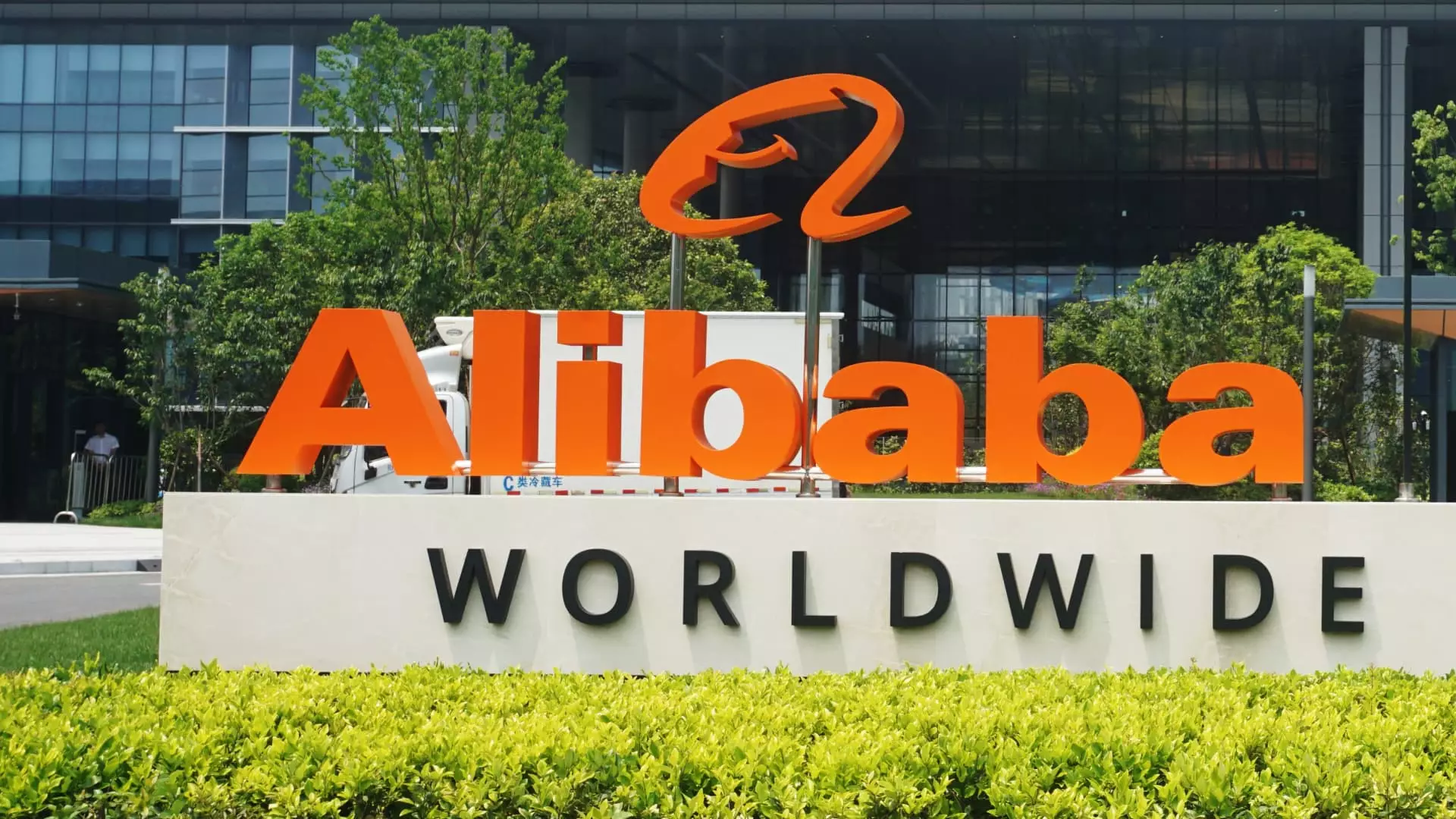In the rapidly evolving landscape of global e-commerce, the ability to communicate across linguistic barriers has become increasingly crucial. Recognizing this need, Alibaba’s international division recently unveiled a revamped version of its artificial intelligence-powered translation tool, known as Marco MT. This advanced model has emerged as a strong competitor to existing giants such as Google, DeepL, and ChatGPT, claiming superiority based on assessments by the Flores translation benchmark framework. With its enhanced capabilities, Marco MT promises to significantly improve the way businesses connect with international consumers by ensuring that product descriptions effectively resonate with diverse audiences.
The latest iteration of Marco MT builds on its predecessor, which already boasted an impressive user base of 500,000 merchants since its initial launch. This tool enables sellers to tailor their product listings in the language of their targeted consumer base, thus breaking down significant language barriers in global trade. According to Kaifu Zhang, vice president of Alibaba International Digital Commerce Group, the new model utilizes only large language models, which offer a nuanced understanding of context, including cultural and industry-specific terminologies. This incorporation of contextual awareness is vital, as it allows the tool to create translations that are not just literal, but also culturally relevant and more likely to encourage consumer purchases.
As the demand for global e-commerce continues to surge, Alibaba expects substantial interest in Marco MT, particularly from markets in Europe and the Americas. The company is poised to tap into emerging markets, which have shown a high adoption rate of AI tools. Recent data suggests that nearly half of the top active users of such tools on Alibaba.com hail from developing nations, illustrating a clear opportunity for growth in these regions. As Alibaba diversifies its target market, it stands to benefit from the global shift towards a more interconnected e-commerce ecosystem.
Alibaba’s AI translation tool is not only designed for improving user experience; it is a strategic move aimed at bolstering the profitability of its merchant clients. Zhang stressed that the ultimate goal of integrating this innovative AI tool is to enhance the bottom line for merchants, as their success directly correlates with Alibaba’s performance as a platform. This symbiotic relationship underscores the importance of providing tools that address the specific needs of sellers, particularly in a highly competitive global market.
A critical aspect of the Marco MT translation tool is its focus on contextual translation. Zhang highlighted a specific instance where a colloquial Chinese term might misrepresent a product to an English-speaking audience if translated literally. By prioritizing not just the words but their implied meanings, Marco MT stands to revolutionize how products are presented and perceived in foreign markets. Zhang remarked that significant improvements in consumer experience during highly anticipated shopping events like Alibaba’s Double 11 festival will result from these authentic translations, leading to higher engagement and purchase rates.
The international arm of Alibaba encompasses a range of platforms, including AliExpress and Lazada, primarily serving customers in Southeast Asia. In stark contrast to the stagnation observed in Alibaba’s domestic e-commerce segments like Taobao and Tmall, which reported a 1% decline in sales recently, the international unit has experienced a remarkable 32% growth, illustrating a pivot towards more lucrative international opportunities. As competitors like PDD Holdings’ Temu and fast fashion seller Shein carve their niche in the global market, Alibaba’s advancements in AI technology may bolster its position significantly.
As the launch date for Alibaba’s quarterly earnings approaches, industry analysts anticipate a slowing, yet still robust 29% year-on-year growth for the company’s international revenue. The anticipated improvements in operating losses indicate a more favorable financial outlook for Alibaba’s international division. Marco MT represents not just a technological innovation but a strategic maneuver to solidify Alibaba’s status as a leader in global e-commerce. By harnessing the power of AI to bridge communication gaps, Alibaba is poised for continued growth and dominance in an increasingly competitive digital landscape.
With the global nature of commerce rapidly transforming, the efficacy of AI tools like Marco MT will play a pivotal role in shaping the future of international trade. As companies continue forming and expanding cross-border partnerships, the importance of seamless translation and effective communication will only continue to grow, making Alibaba’s innovations not merely advantageous but essential in the evolving marketplace.

